


Books in series

The Responsibilities of Wealth
1992

Virtuous Giving
Philanthropy, Voluntary Service, and Caring
1994
Missionaries of Science
The Rockefeller Foundation and Latin America
1994

When the Bottom Line Is Faithfulness
Management of Christian Service Organizations
1994

The Catholic Philanthropic Tradition in America
1995

Entrusted
The Moral Responsibilities of Trusteeship
1995

Ethics for Fundraisers
1996

Giving
Western Ideas of Philanthropy
1996

Looking Good and Doing Good
Corporate Philanthropy and Corporate Power
1997

Philanthropy in the World's Traditions
1998

Philanthropy in Communities of Color
1999

Philanthropic Foundations
New Scholarship, New Possibilities
1999

Making the Nonprofit Sector in the United States A Reader
1998

Philanthropy and the Nonprofit Sector in a Changing America
1999

The Perfect Gift
The Philanthropic Imagination in Poetry and Prose
2002

Jelly Roll, Bix, and Hoagy
Gennett Records and the Rise of America's Musical Grassroots
1999

Philanthropy, Patronage, and Civil Society
Experiences from Germany, Great Britain, and North America
2004

The Lucky Few and the Worthy Many
Scholarship Competitions and the World's Future Leaders
2004

Women and Philanthropy in Education
2005

Good Intentions
Moral Obstacles and Opportunities
2005

To Export Progress
The Golden Age of University Assistance in the Americas
2005

Taking Philanthropy Seriously
Beyond Noble Intentions to Responsible Giving
2006

A Dictionary of Nonprofit Terms and Concepts
2006

Volunteers
A Social Profile
2007

Giving Well, Doing Good
Readings for Thoughtful Philanthropists
2007

Burden or Benefit?
Imperial Benevolence and Its Legacies
2008

Mrs. Russell Sage
Women's Activism and Philanthropy in Gilded Age and Progressive Era America
2006

Growing Civil Society
From Nonprofit Sector to Third Space
2000

Buying Respectability
Philanthropy and Urban Society in Transnational Perspective, 1840s to 1930s
2009

Globalization, Philanthropy, and Civil Society
Projecting Institutional Logics Abroad
2009

Giving Circles
Philanthropy, Voluntary Association, and Democracy
2009

Wealth and the Will of God
Discerning the Use of Riches in the Service of Ultimate Purpose
2009

Edwin Rogers Embree
The Julius Rosenwald Fund, Foundation Philanthropy, and American Race Relations
2011

Almost Worthy
The Poor, Paupers, and the Science of Charity in America, 1877-1917
2012

Nonprofits in Crisis
Economic Development, Risk, and the Philanthropic Kuznets Curve
2012

Religion in Philanthropic Organizations
Family, Friend, Foe?
2013
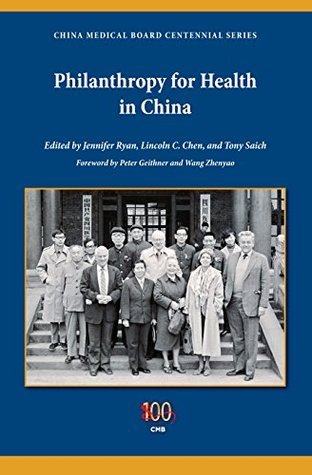
Philanthropy for Health in China
2014

Julius Rosenwald
The Man Who Built Sears, Roebuck and Advanced the Cause of Black Education in the American South
2006
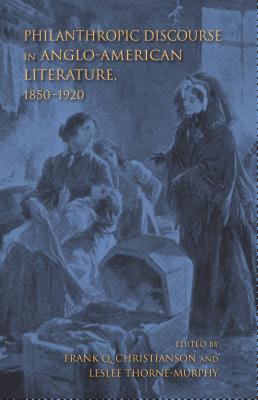
Philanthropic Discourse in Anglo-American Literature, 1850-1920
2017
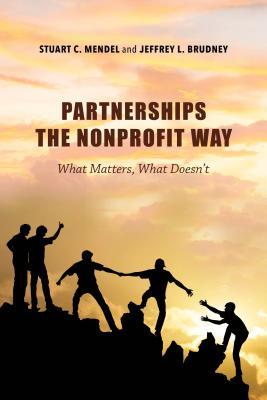
Partnerships the Nonprofit Way
What Matters, What Doesn't
2018
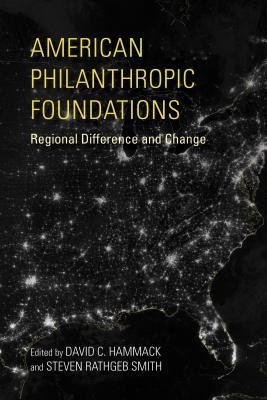
American Philanthropic Foundations
Regional Difference and Change
2018
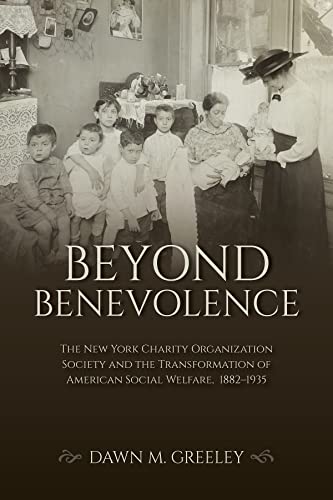
Beyond Benevolence
The New York Charity Organization Society and the Transformation of American Social Welfare, 1882–1935
2022
Authors
